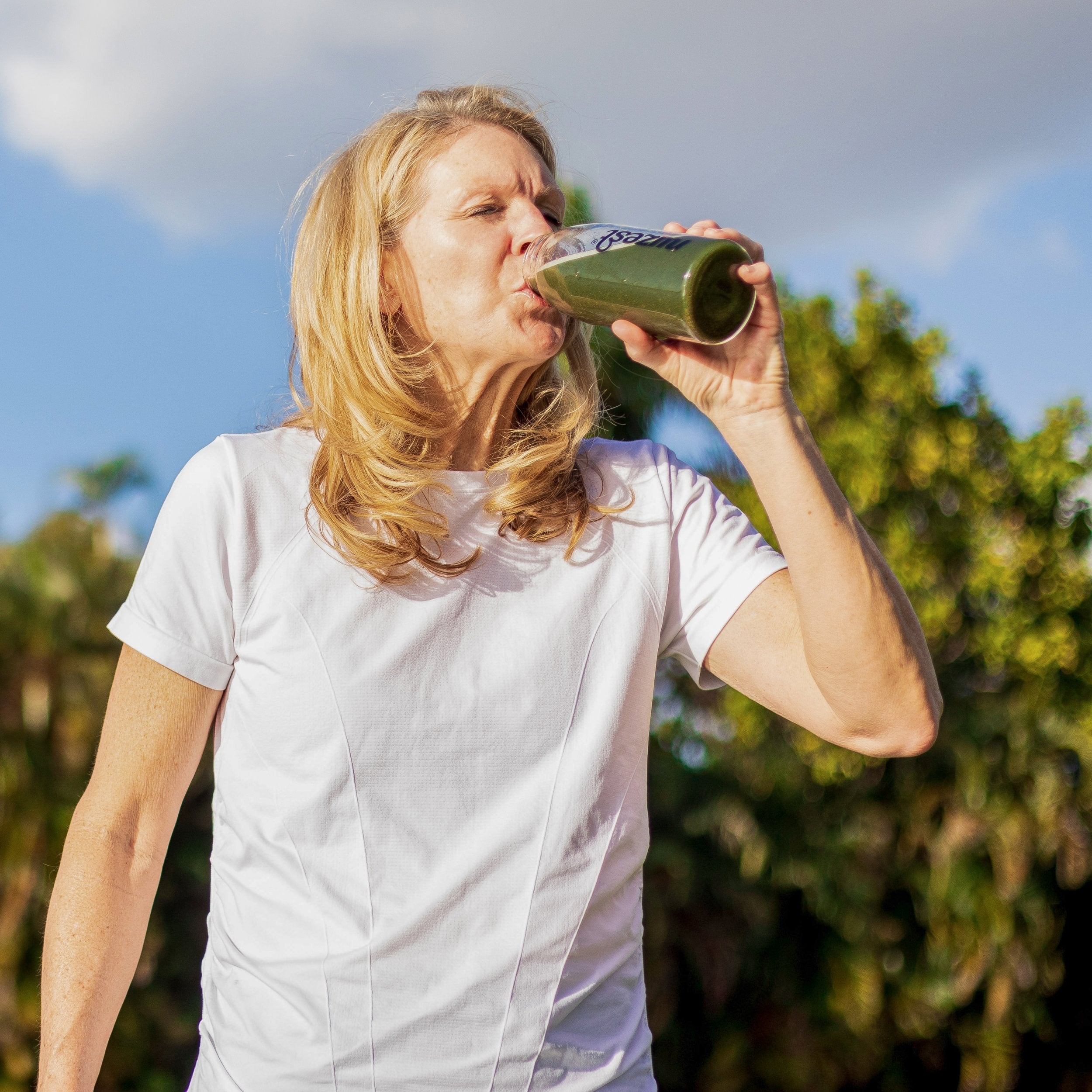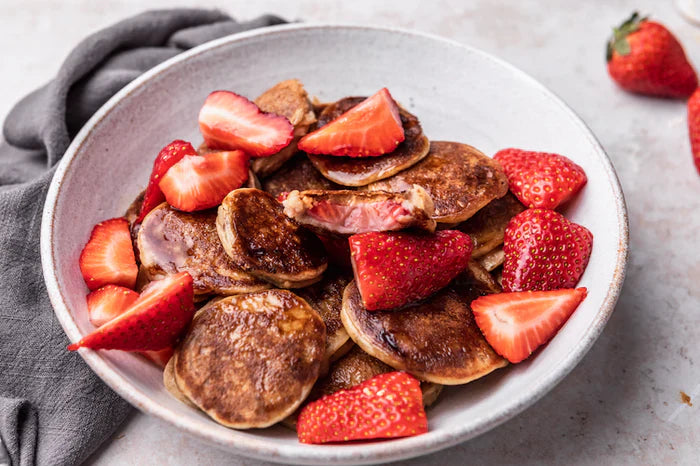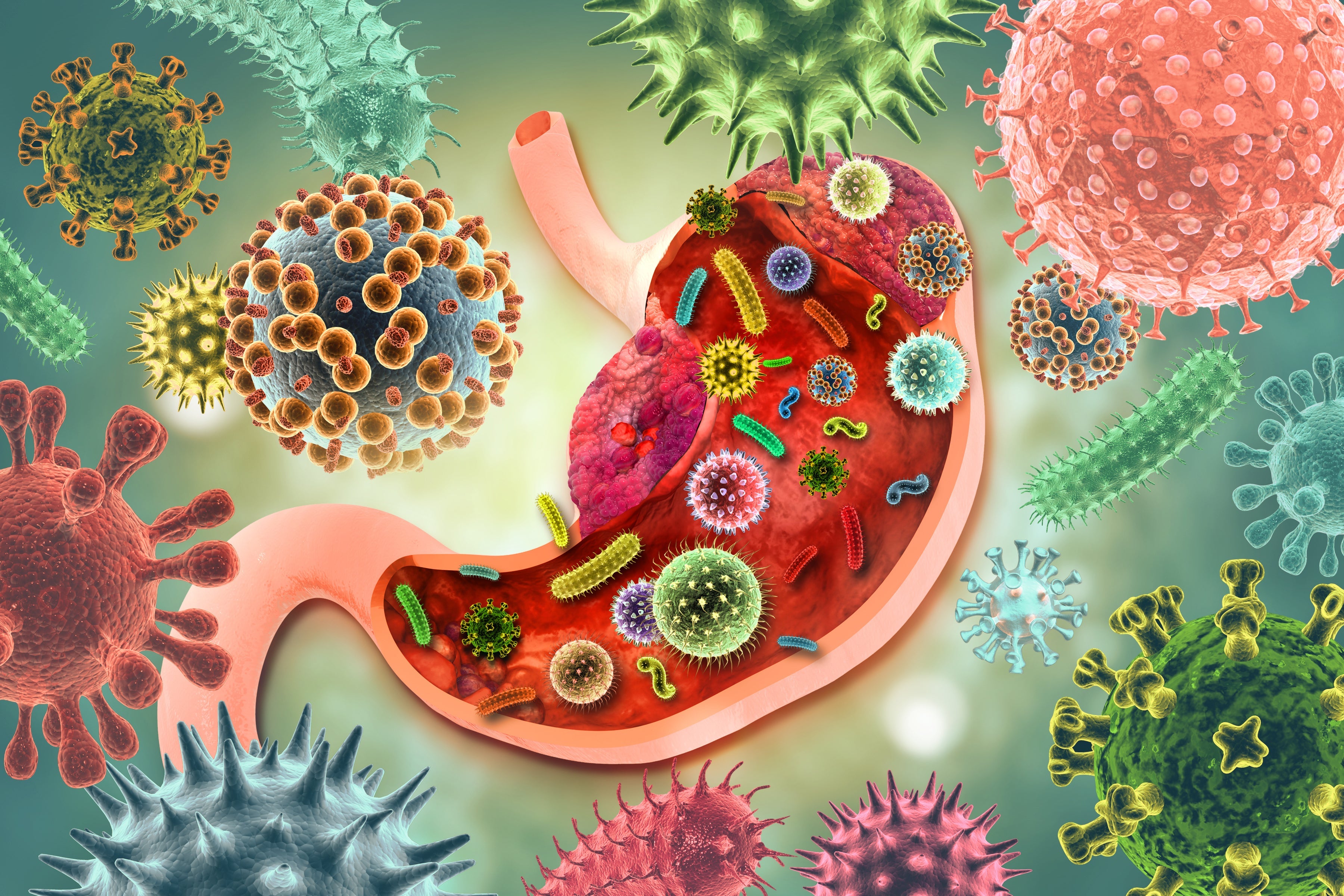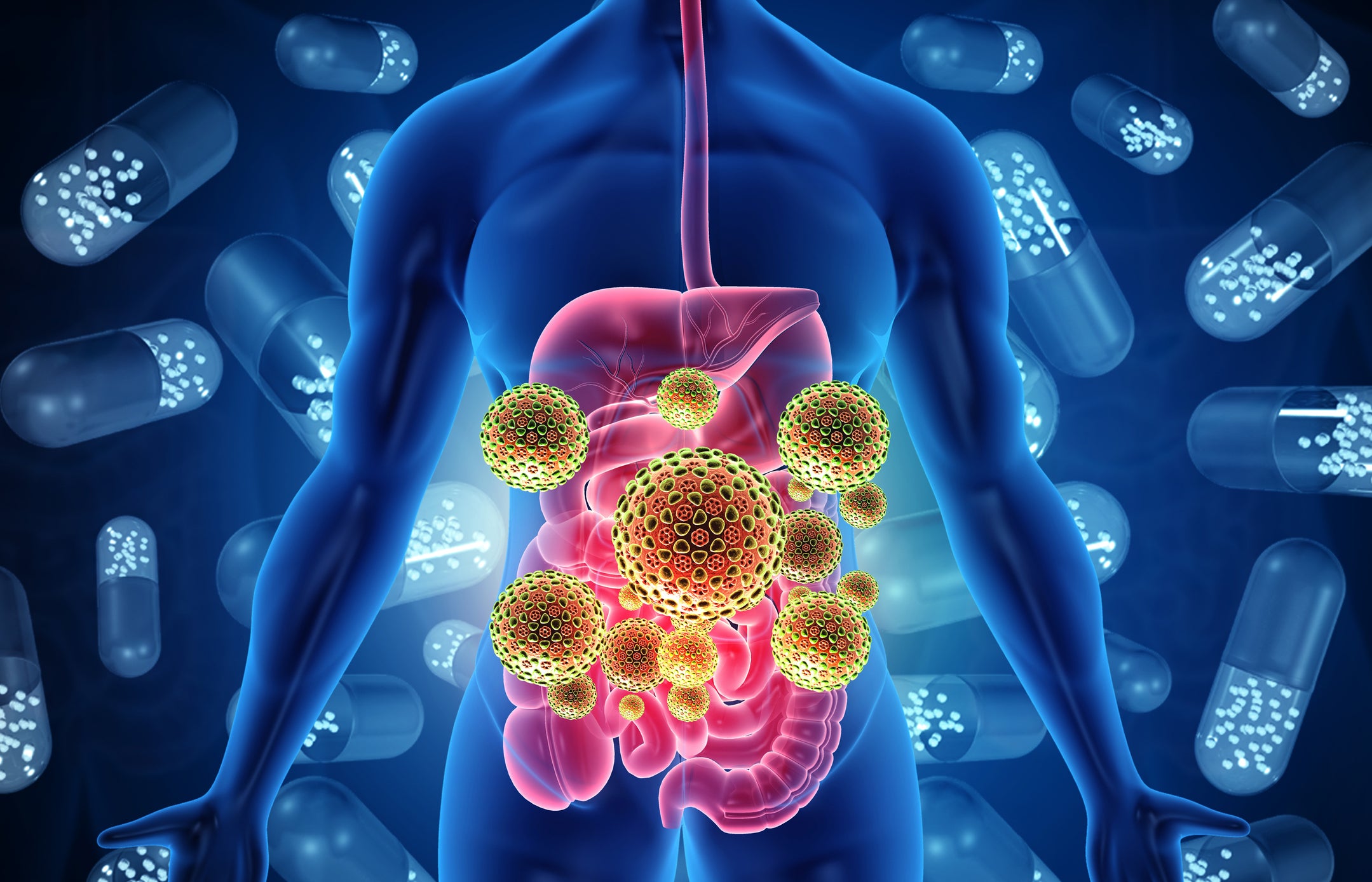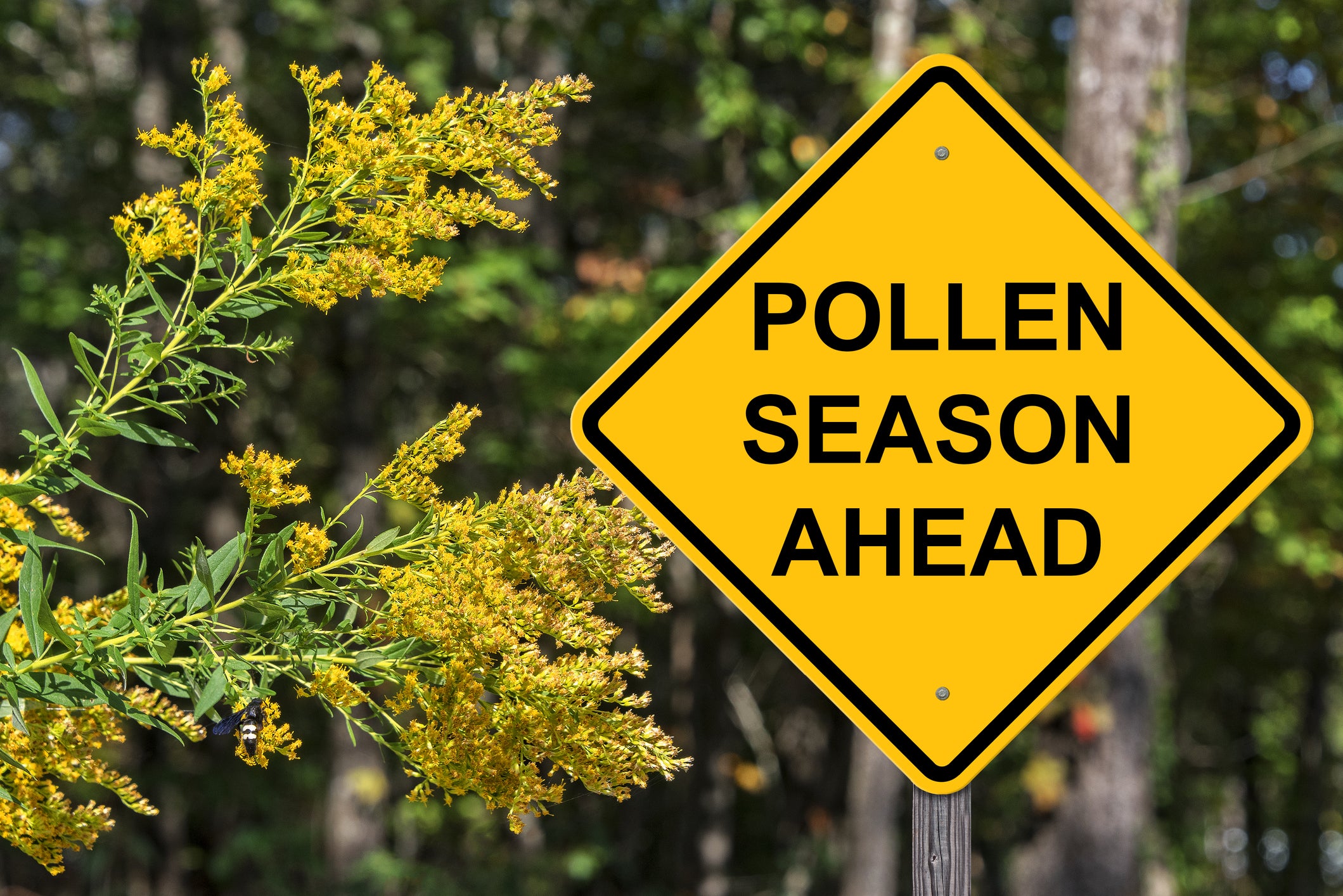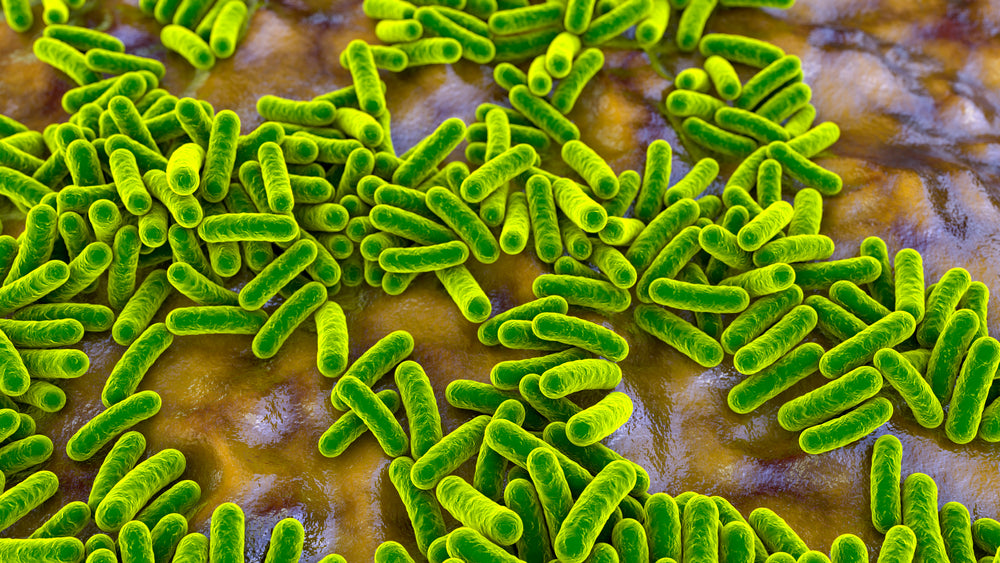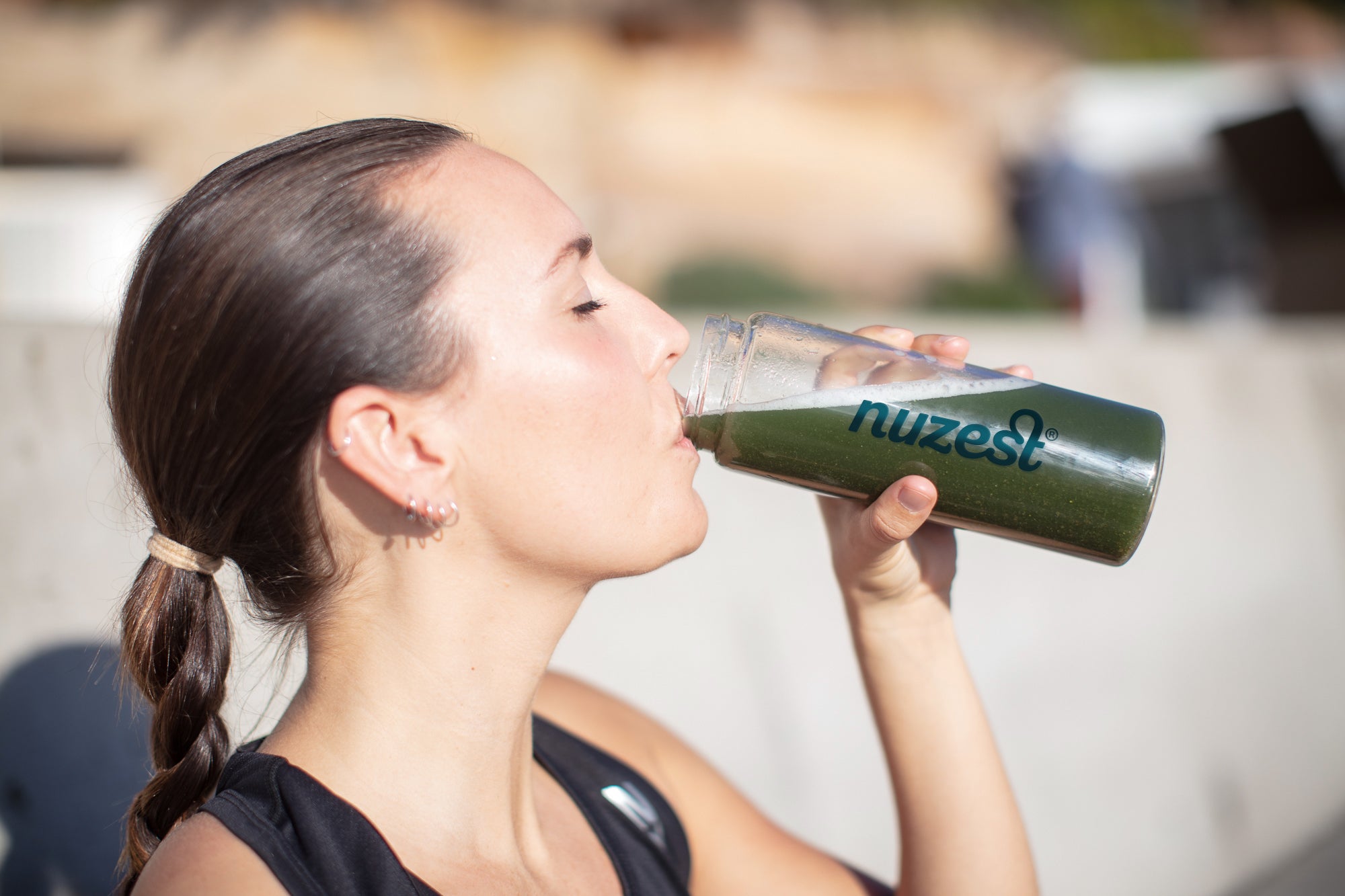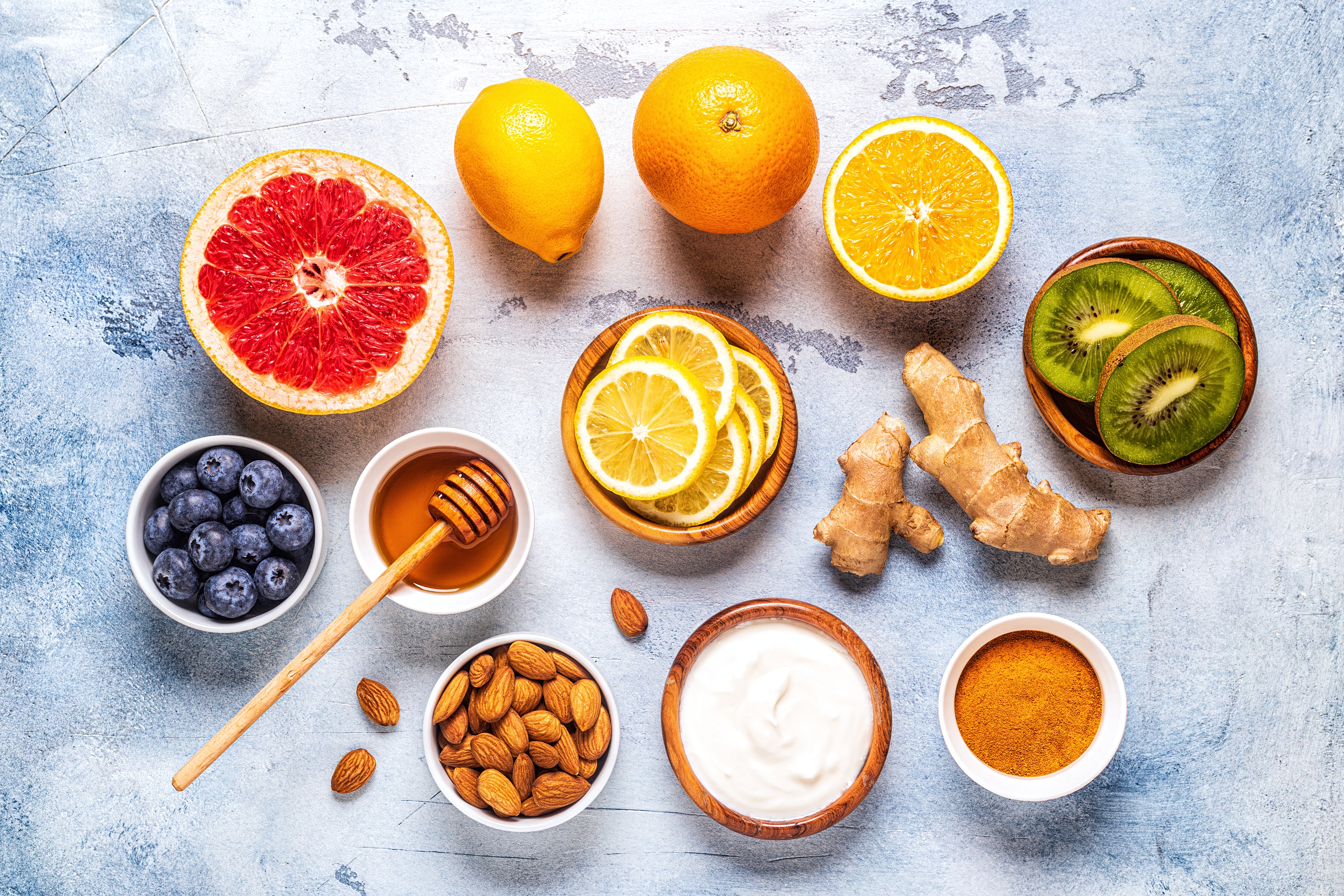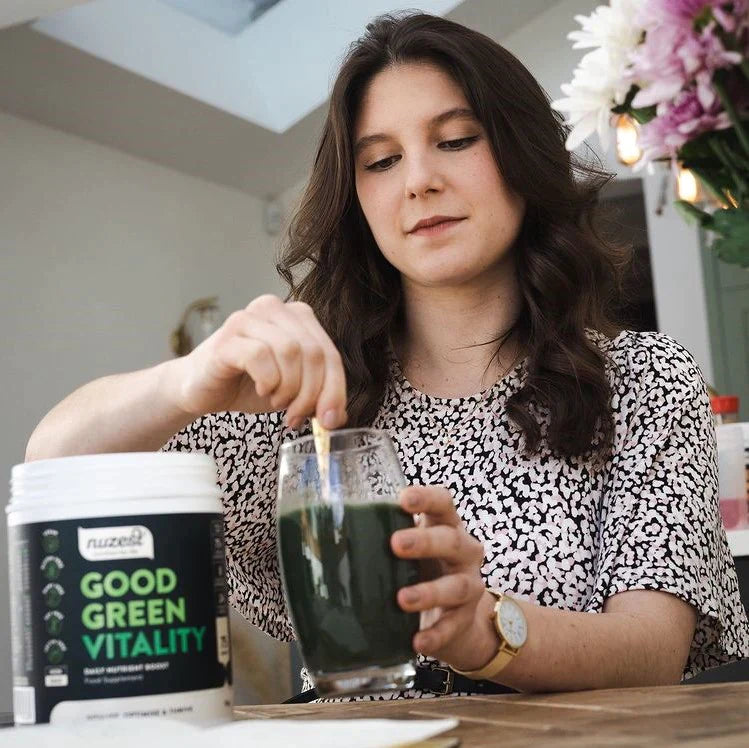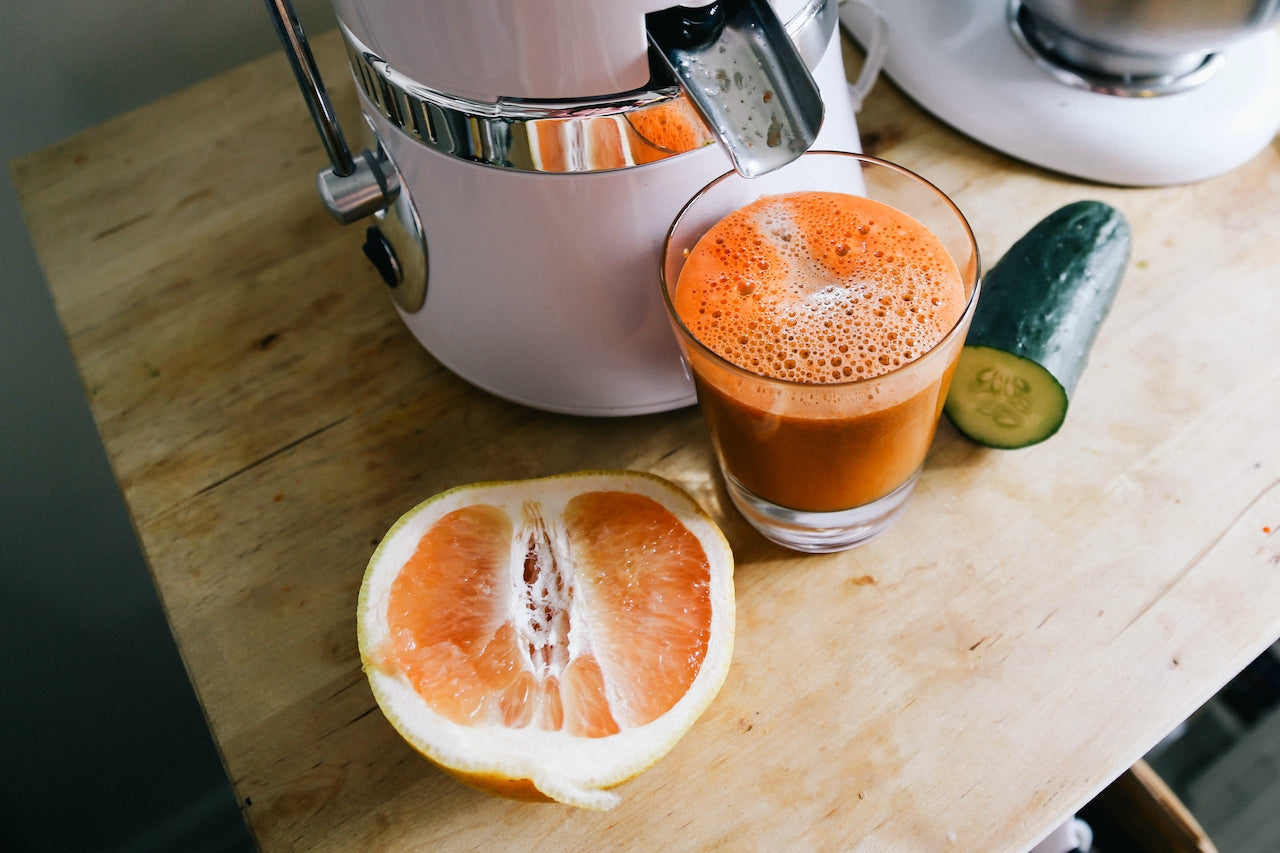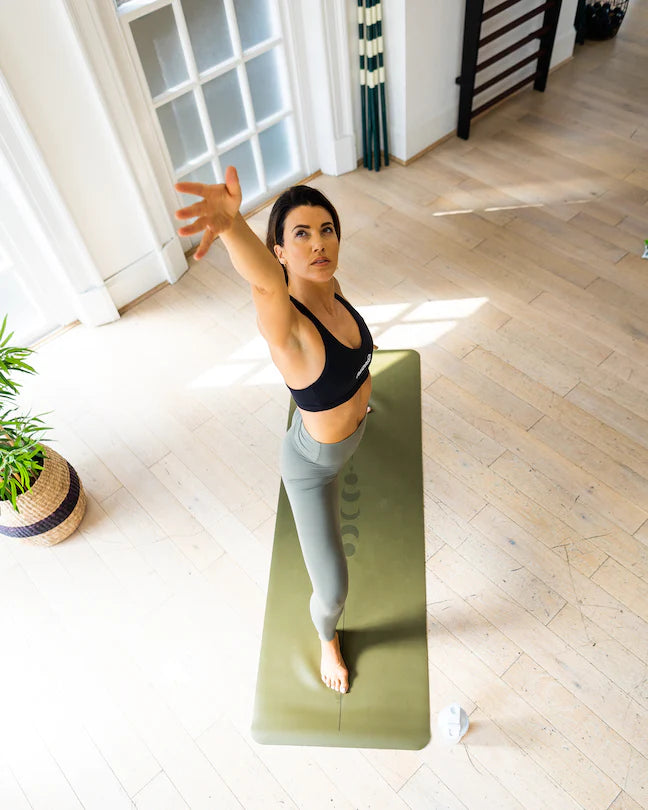AUTHOR
If you’ve ever stepped foot in a supplement store, you’d be forgiven for being… overwhelmed. The myriad of sports supplements to consider, the impossible ingredients to pronounce, the overbearing branding, the colors. It’s a lot and that’s just the start.
It’s enough to bring on a migraine.
Instead, we’re going to have a migraine-free look at some of the more common sport supplements you might come across and see if they really work, so you can decide what is right for you and what’s best left on the shelf.
Caffeine
In a world filled with supplements of dubious effectiveness, caffeine stands head and shoulders above the rest. It is easily the most thoroughly investigated, evidence based (legal) supplement available to improve your performance, whether that be endurance exercise,1 strength and power sports,2 team sports3 or chess.4
Although there are a number of proposed mechanisms by which caffeine improves performance in these (and many other) areas, it appears that its role as an adenosine antagonist is the most powerful.5 Adenosine is a neurotransmitter that causes us to feel fatigued. This effect increases as more and more adenosine binds to adenosine receptors, but caffeine can run interference by binding with these adenosine receptors before adenosine get the chance to, thus reducing feelings of fatigue and thereby decreasing our “rate of perceived exertion,” or RPE. If the RPE of any given activity is lower, it’s fairly likely that our performance is going to improve.
To achieve the greatest benefit from supplementing with caffeine, aim for 3-6mg of caffeine per kilogram of bodyweight around 60 minutes before exercise.5 For a lot of people, this is a large dose of caffeine, so it’s best to save this for a hard/heavy training session or an important match, and just have a regular cup of coffee before your normal sessions.
It is also important to note that the way you metabolize caffeine is linked to your genetics. If you find it makes you feel anxious, hot or awful, either try a lower dose, or cut it out entirely.6
Creatine
If caffeine is the king of sports supplements, creatine is queen. Creatine also has a large body of evidence supporting its effectiveness,7 particularly if you want to get big and strong. Creatine may allow you to perform an extra rep or two before becoming fatigued. This may not sound like much, but imagine being able to complete an extra rep or two at every session for the next six months? That’s going to add up.
Supplementing with 5g of creatine each day helps you to maximize your body’s stores. Creatine monohydrate is the best form of creatine, it doesn’t matter when you have it, and you don’t need to do a “loading” phase.8
It’s inexpensive and it works. It’s a yes from me.
Beta-alanine
Beta-alanine is an amino acid that helps your body produce carnosine, which can help reduce the build-up of hydrogen ions (and therefore the acidity) of your muscle during intense exercise. Put simply, it slightly delays you reaching that point during intense exercise where your muscle burns so badly that you have to stop. This potentially allows you to perform at your peak for longer.9
So, if that’s you, supplementing with 2-5g per day may help. If you find that this dose of beta-alanine gives you the sensation of ants crawling on your skin, don’t panic you’re perfectly safe! A side effect of beta-alanine supplementation is developing an unusual sensation of ‘tingling skin.’ You can also split that 2-5g into multiple doses throughout the day to avoid that unpleasant sensation.10
Collagen
We’ve now reached the less rosy section of the article. Although collagen has recently enjoyed a massive surge in popularity, we may all be getting carried away here. Evidence to suggest it improves hair, skin or nail health is unfortunately rather weak, with many studies either suffering from small participant numbers, poor study design or troubling sources of funding (ie. the company selling the collagen supplement11).
The one ray of light is its potential benefit on recovery from ligament or tendon injuries12. There’s a growing body of evidence suggesting that using 10-15g of collagen hydrolysate or gelatin and vitamin C 60 minutes before a rehabilitation session can improve recovery13. So, if that is something you’re currently working through, it might be worth investigating.
Branched Chain Amino Acids
If you’ve ever seen someone wandering around the gym with a shaker full of liquid that glows in the dark, there’s a pretty high chance that it contains branched chain amino acids, or BCAAs. Amino acids are the building blocks of protein, and three branched chain amino acids (leucine, isoleucine and valine) have been identified as being particularly beneficial for muscle healthy. This has led to a massive rise in popularity of supplementing with these specific amino acids, rather than whole proteins, particularly during exercise.
Although this kind of makes sense on paper, there isn’t a whole lot of support for it in the research14, 15. It appears that you are far better off regularly consuming complete sources of protein as this is not only going to provide you with more than enough BCAAs, but all of the other raw materials required by your body to support muscle growth and recovery. My favorite analogy, which I have unashamedly ripped off of Dr. Brad Schoenfeld: ‘Building muscle is like building a house. Branched chain amino acids are like the building site’s foreman. They run the show and tell people what to do. But without the bricks, timber and other materials you need to build a house, you won’t really achieve much”.

L-carnitine
Before we talk about L-carnitine, we have to talk about fat oxidation, or “burning fat”, because this misunderstanding is the main reason why L-carnitine keeps getting promoted as a fat burner (when it shouldn’t16). You can burn/oxidize as much fat as you want, but if you’re replacing that fat as fast as you’re burning it (because you’re eating too many calories), you won’t see any change. Yes, some studies do show that L-carnitine can increase rates of fat oxidation,17, 18 but there isn’t a correlation between increased fat oxidation and increased fat loss. I honestly wish I had better news, but here we are.
Fat Burners
Speaking of L-carnitine, let’s very briefly touch on “fat burners”. Once again, the news here is grim. There are no legal fat burners that work.19 None. On top of that fact, this family of supplements pose a very real risk of dangerous contamination.20,21 Please, save your money and spend it on real food and active wear.
Pre-workouts
These are a little bit of a mixed bag, as some of them do contain some ingredients with some evidence supporting their use (eg. caffeine, creatine, beta-alanine) but these are often either dosed too low and/or combined with a whole host of other ingredients that either don’t work or aren’t relevant to your needs. If you manage to find one that ticks all of your boxes, great! Otherwise I often recommend supplementing with the specific supplement you want, rather than getting a giant mix of things you don’t need.
Protein Powder
Although its best to aim to get the majority of your daily protein from food, protein powders can be an easy, cost effective way to boost the protein content of a meal that may otherwise be lacking. Protein oats anyone?
Whey protein isolate, or WPI, is the most common form of protein powder and is produced when almost all of the lactose, fat and casein is filtered from whole milk. WPI is a great quality source of protein, but it’s not suitable for anyone who’s looking to stay dairy-free or struggles with sensitivities to certain allergens. If this is you, you’ll be wanting a good quality vegan protein powder.
The only problem is, many vegan protein powders contain an incomplete spectrum of amino acids. A protein lacking certain amino acids will be less effective at supporting muscle growth and recovery than something that provides the full spectrum of essential amino acids. This is why I generally recommend a high-quality pea protein powder (even though technically not a supplement), such as Clean Lean Protein by Nuzest, to ensure you’re getting the full spectrum of essential amino acids. This can be a very confusing topic, so hopefully this has answered some of your supplement questions.
If you’ve still got further questions, please don’t hesitate to reach out to me via my Instagram @jonosteedman or website. I’m always happy to nerd out over some sport supplements and a hot cup of creatine.





